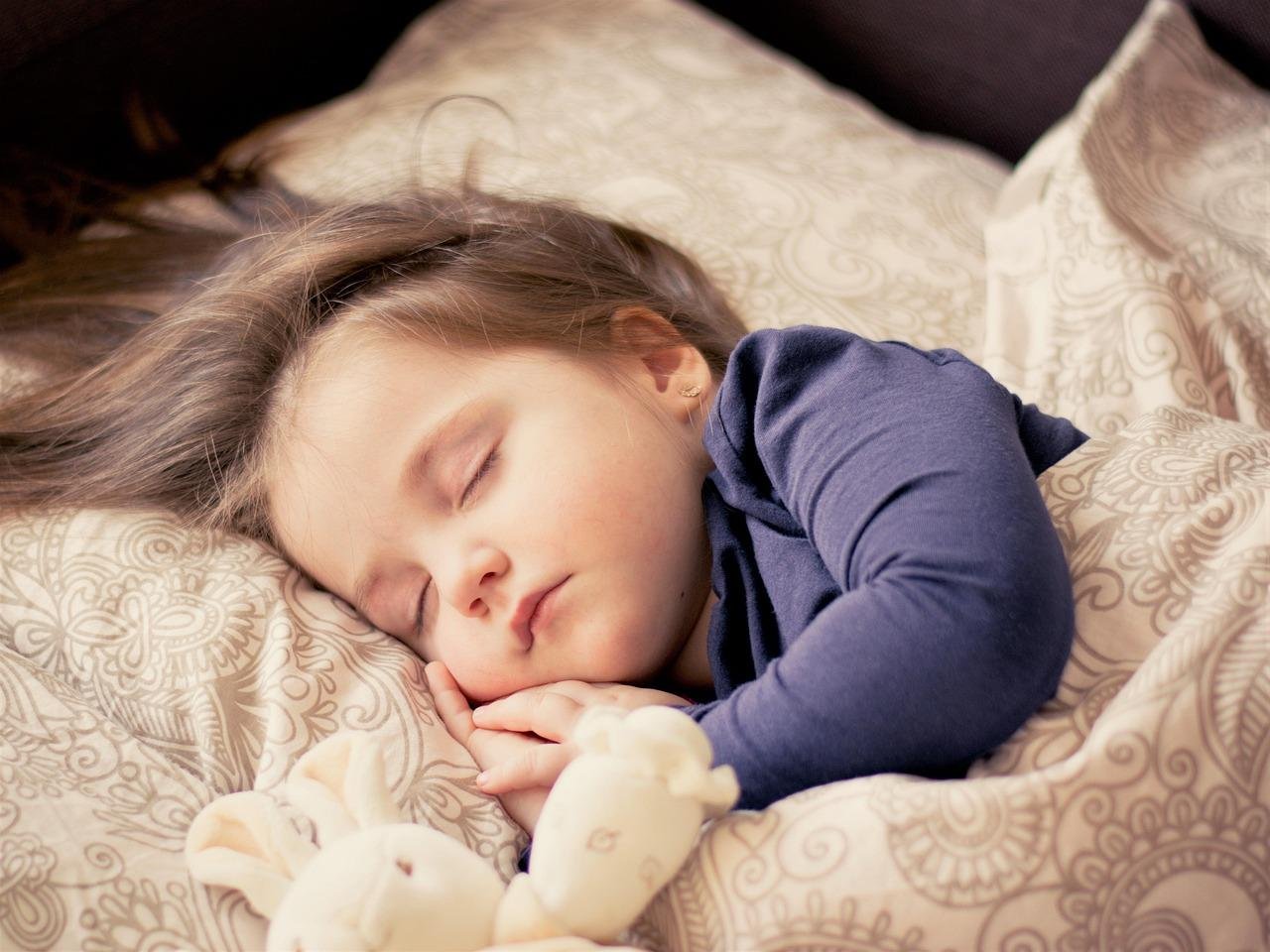-
NEUIGKEITEN
- EXPLORE
-
Blogs
Can Childhood Trauma Disrupt Adult Sleep Patterns?

Sleep is supposed to be a time of healing and relaxation. Yet for many adult survivors of childhood trauma, the night is far from restful.
If you've ever wondered, "Why can't I sleep even when I'm tired?," the answer can be found way back in your childhood. More and more research points to childhood trauma as a disruptor of adult sleep—affecting everything from the ability to fall asleep to staying asleep or feeling rested.
This blog discusses how trauma in early life disrupts sleep in adulthood, what to watch for, and how healing can occur with directed support and therapies.
1. Understanding Childhood Trauma
Childhood trauma includes any overwhelming, frightening, or painful experience that occurred before the age of 18. This could involve:
-
Physical, emotional, or sexual abuse
-
Neglect or abandonment
-
Domestic violence exposure
-
Parental mental illness or substance abuse
-
Loss of a parent or caregiver
-
Bullying or community violence
When those experiences are not processed, they can become embedded in the nervous system—resulting in long-term psychological and physiological impacts.
2. How Trauma Affects the Brain and Sleep
Trauma during childhood frequently engages the fight-or-flight stress response of the brain. Although this response is beneficial when one is in peril, chronic exposure (particularly during critical years of development) reprograms how the brain manages stress and sleep.
Key Biological Changes:
-
Hypervigilance: The brain stays on “alert mode,” making it hard to relax.
-
Cortisol dysregulation: High cortisol levels at night prevent deep sleep.
-
Amygdala overactivity: Increases fear response, triggering nightmares or panic.
-
Disrupted circadian rhythm: Alters the body’s internal clock and sleep cycles.
The result? Long-term sleep difficulties that persist into adulthood—even when life circumstances improve.
3. Common Adult Sleep Disorders Linked to Childhood Trauma
Studies at Harvard and the CDC's ACE study reveal an incredibly high correlation between childhood trauma and adult sleep disturbances. Following are the most frequent interruptions:
A. Insomnia
One of the most frequent symptoms, insomnia includes:
-
Difficulty falling asleep
-
Frequent awakenings
-
Waking too early
-
Feeling unrefreshed in the morning
B. Nightmares and Night Terrors
Trauma survivors are more likely to experience:
-
Recurrent nightmares (often trauma-related)
-
Night sweats or waking up in panic
-
Sleep avoidance due to fear of dreaming
C. Sleep Avoidance or Delayed Sleep Phase
Some people delay bedtime due to:
-
Anxiety about being alone at night
-
Fear of vulnerability or flashbacks
-
Hyperactivity or difficulty winding down
D. Sleepwalking or Sleep Paralysis
Extreme trauma can lead to parasomnias, including:
-
Sleepwalking
-
Sleep paralysis
-
Confusional arousals
4. Signs Your Sleep Issues May Be Trauma-Related
Not every insomnia or restlessness is based on trauma. But these are indicators that your sleep problem might be caused by unfinished childhood wounds:
-
You have recurring nightmares or disturbing dreams.
-
You dread bedtime or feel unsafe at night.
-
Your body feels tense even when you're tired.
-
You feel stuck in “survival mode” even when life is calm.
-
You have intrusive memories or flashbacks during the night.
-
You've tried sleep aids or routines with little improvement.
If several of these resonate, it’s worth exploring trauma-focused support.
5. The Emotional Toll of Sleep Deprivation in Trauma Survivors
Sleep deprivation isn't just tiring—it amplifies the effects of trauma. Trauma survivors with poor sleep and unresolved trauma are more likely to suffer from:
-
Increased anxiety and depression
-
Reduced emotional regulation
-
Impaired memory and decision-making
-
Lower immune function and increased inflammation
-
Higher risk of substance abuse
This creates a vicious cycle: trauma disrupts sleep, poor sleep worsens trauma symptoms, and round it goes.
6. Healing Is Possible: Strategies That Help
The good news? Sleep patterns can be restored—but it often requires addressing both the trauma and the sleep symptoms. Here are proven approaches:
A. Trauma-Focused Therapies
-
EMDR (Eye Movement Desensitization and Reprocessing): Helps process traumatic memories that disrupt sleep.
-
Somatic Experiencing: Focuses on releasing trauma stored in the body.
-
Internal Family Systems (IFS): Repairs injured inner parts that can undermine sleep.
B. Sleep-Focused Interventions
-
CBT-I (Cognitive Behavioral Therapy for Insomnia): Optimal treatment that targets negative sleep thoughts and actions.
-
Sleep hygiene habits: Consistent bedtime, black rooms, no screens at bedtime.
-
Relaxation skills: Diaphragmatic breathing, guided imagery, and progressive muscle relaxation.
C. Mind-Body Healing
-
Mindfulness and meditation: Calm the mind and body before sleep.
-
Yoga or tai chi: Reduce physical tension and restore balance to the nervous system.
-
Journaling: Helps externalize anxiety or fears that surface at night.
7. How to Start the Healing Process
Healing your sleep after trauma starts with acknowledging that your symptoms are real—and not your fault.
Steps You Can Take:
-
Track your sleep patterns and triggers using a journal or app.
-
Find a trauma-informed therapist who understands both PTSD and sleep.
-
Join a support group—online or local—for shared healing.
-
Be patient with yourself. Healing takes time, and small steps matter.
Conclusion: Sleep Can Be a Safe Place Again
If trauma in childhood took your sleep from you, remember that you are not alone—and it is not a life sentence. Your brain and body can recover, even years down the line.
By confronting the trauma at its source and employing the correct tools, you can regain restful nights, peaceful dreams, and enhanced emotional well-being.
Sleep is a basic human need—and you deserve to experience it fully.
Need Support?
I can help you find:
-
Local trauma-informed therapists
-
Online CBT-I programs
-
Printable sleep tracking tools for trauma survivors





